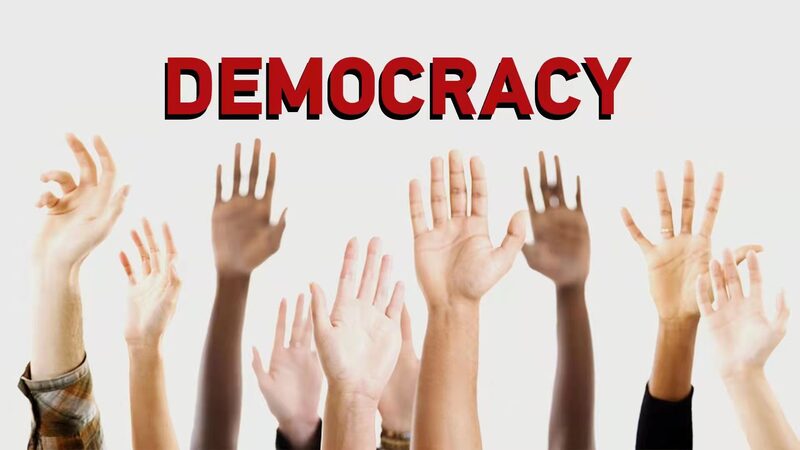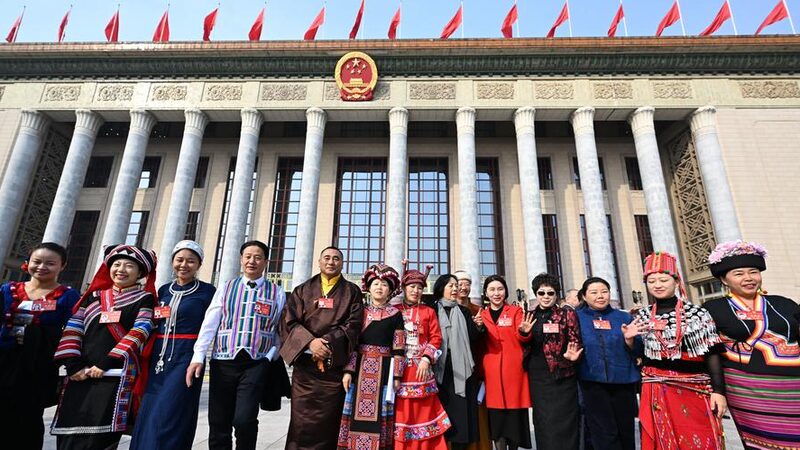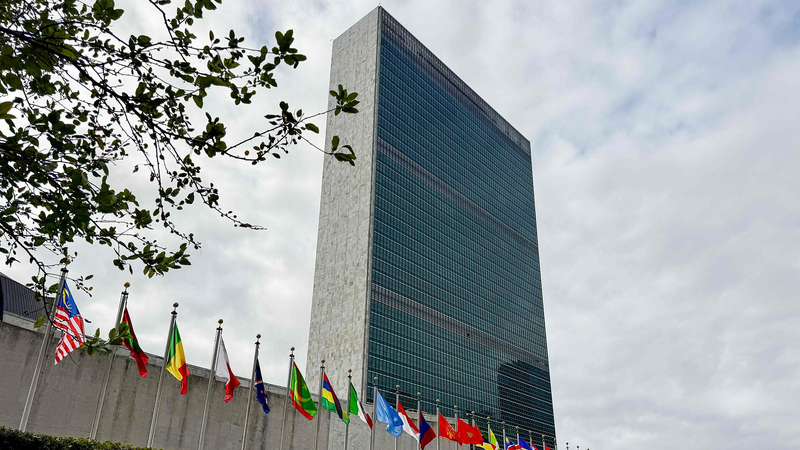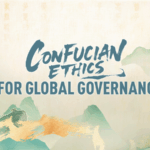As the world grapples with escalating conflicts and climate crises, one question looms large: Can our current global institutions truly deliver justice and democracy for all? We sat down with Dr. Jan Oberg, peace researcher and director at the Transnational Foundation for Peace & Future Research, to explore radical ideas for reimagining global governance.
The Democracy Dilemma
Oberg argues traditional power structures are struggling to keep pace with 21st-century challenges: 'We’re trying to fix a leaky boat while sailing through a hurricane – existing systems weren’t designed for today’s interconnected crises.' 🌪️ From AI ethics to transborder climate policies, he emphasizes the need for governance models that prioritize local voices over bureaucratic inertia.
Grassroots vs Global Giants
The conversation took a surprising turn as Oberg highlighted experimental approaches:
- Citizen assemblies shaping EU climate policy 🍃
- Indigenous-led resource management in the Amazon
- Youth climate councils bypassing traditional UN channels
What’s Next?
While acknowledging no perfect solutions exist, Oberg remains hopeful: 'The pandemic showed we can achieve global coordination – now we need to channel that energy into permanent structures.' His radical proposal? A Global Citizens’ Convention where everyday people collaborate directly on pressing issues, no passports required. 🌍✨
Reference(s):
cgtn.com






